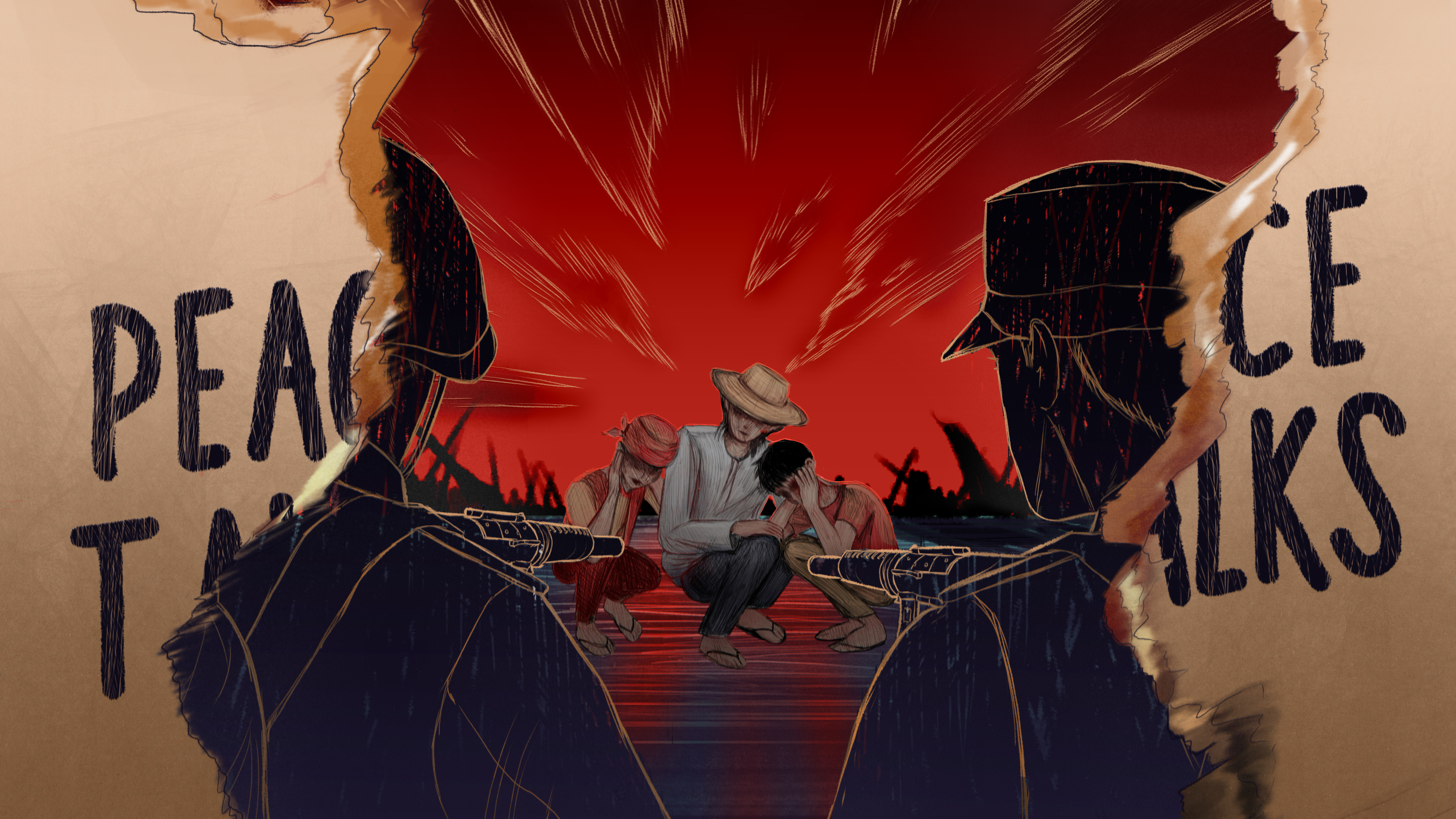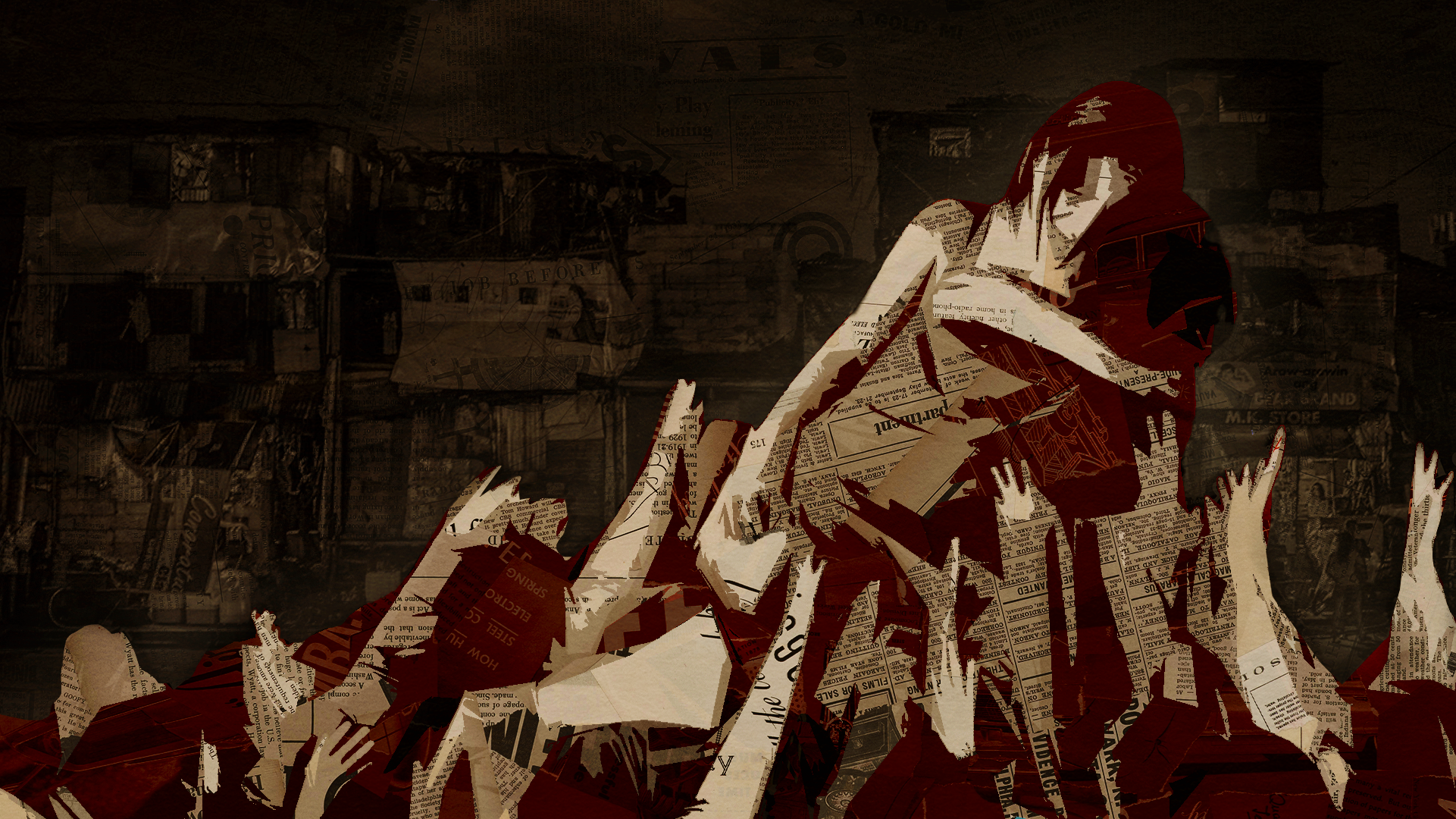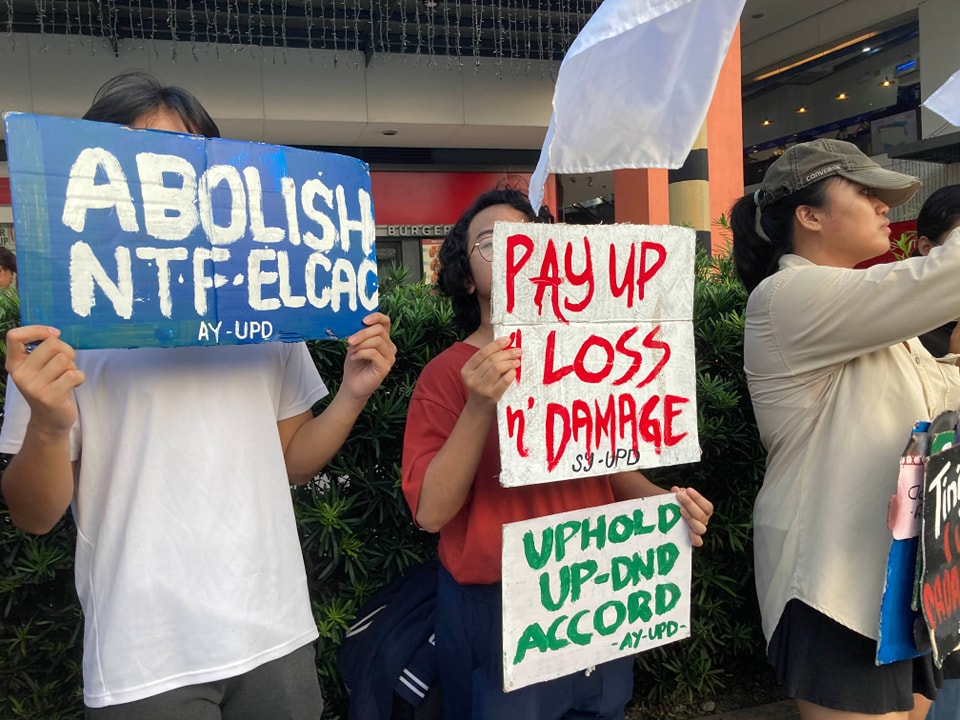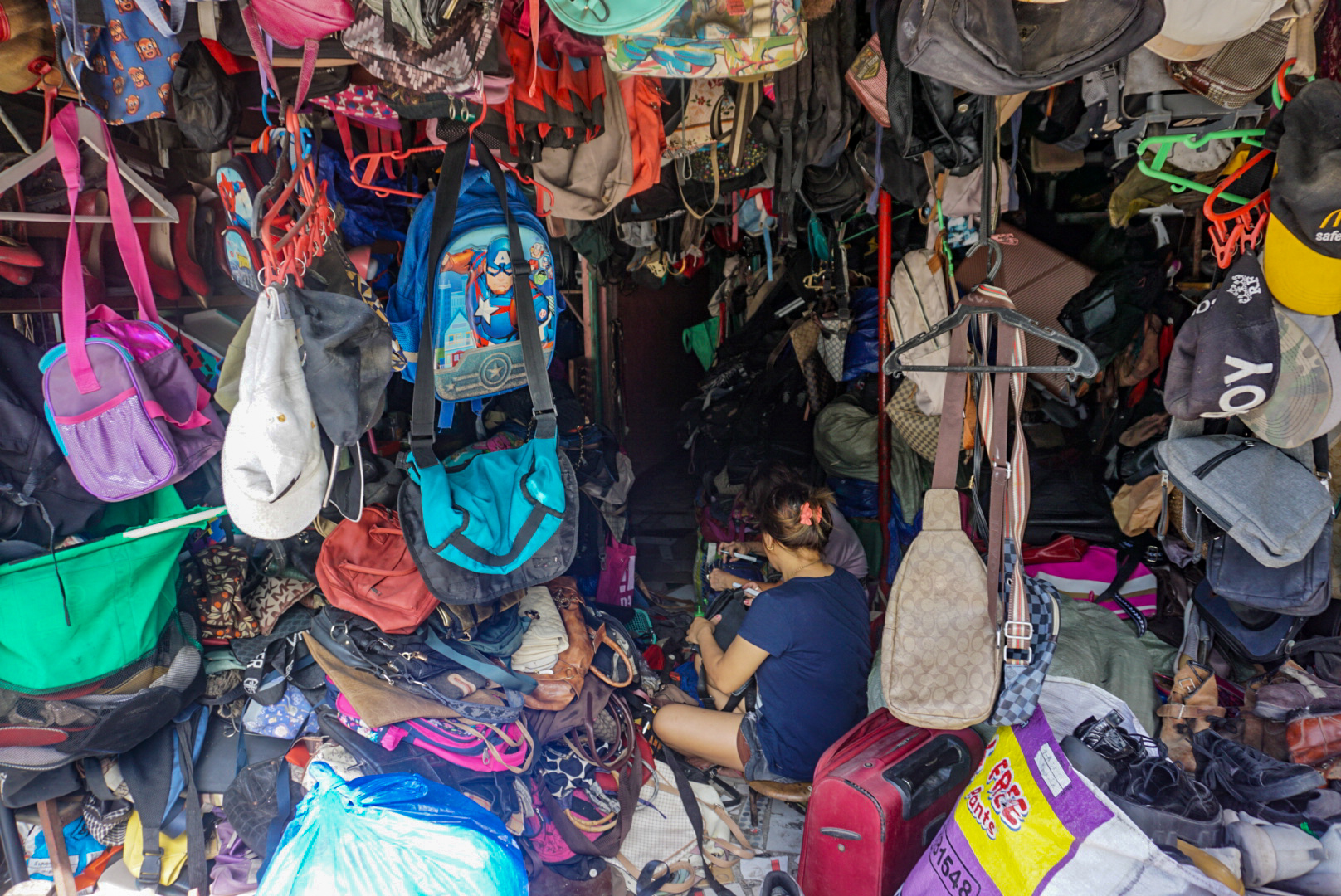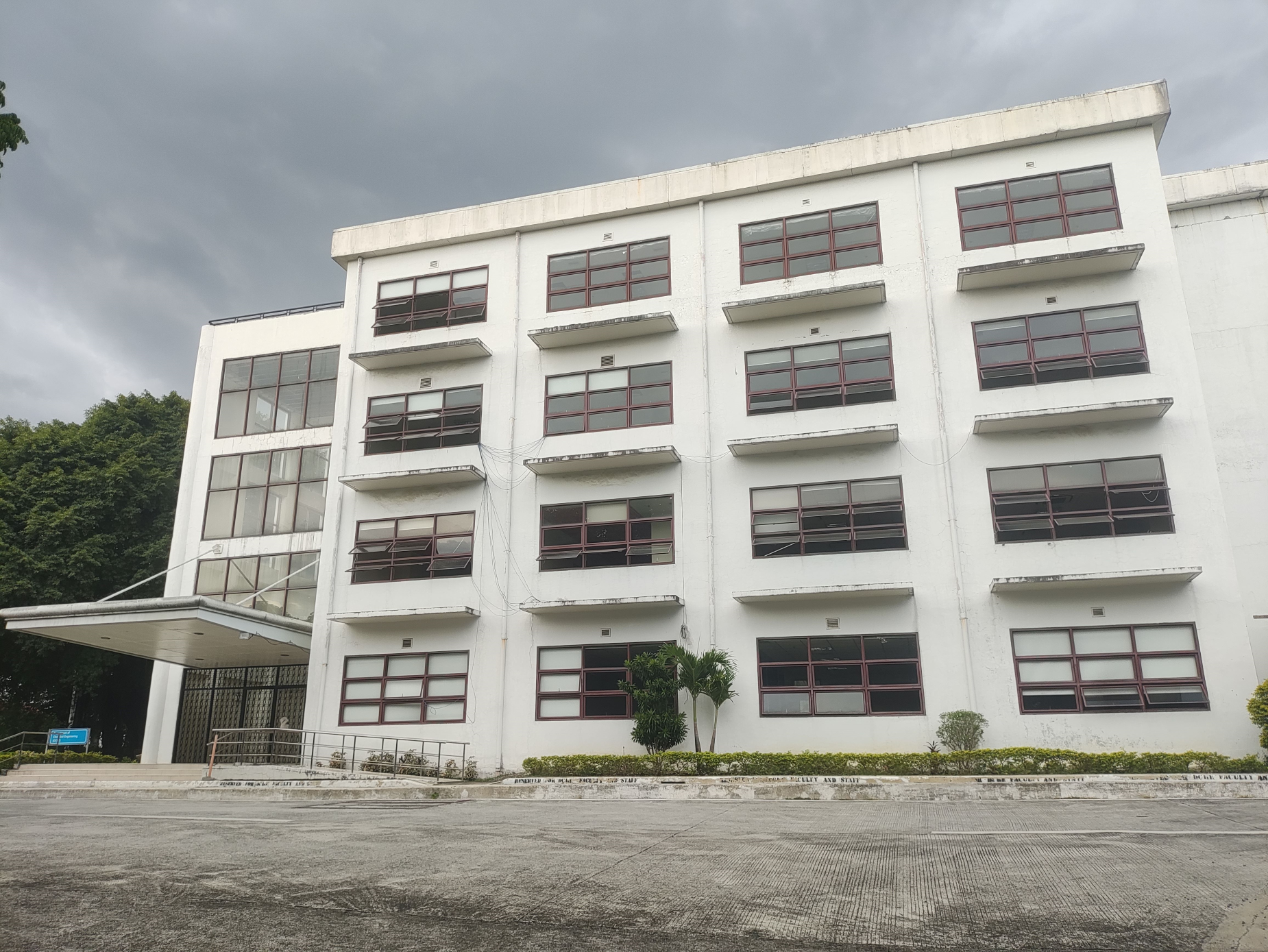First, you will hear the whirring of planes. Then comes the booming sound of bombs, sometimes followed by subsequent rounds of guns being fired. This is the signal to evacuate unless the targeted area of the airstrike is too near. The only thing to do, then, is to run as the ground shakes.
More than 85,000 individuals have been displaced for more than five months due to armed conflict in Mindanao as of October 2022. More communities are in danger of being displaced as conditions for lasting peace remain far from being met.
Aldeem Yañez devoted himself to that very struggle for peace. In his youth, he served as the president of the Youth of Iglesia Filipina Independiente (IFI) and composed songs of freedom. Dionito Cabillas, a parish priest of the IFI who worked with Yañez at the National Cathedral, recounted the long hours that Yañez would spend in communities organizing and conducting discussions that tackle the struggles of workers and peasants, and engaging in interfaith activities.
“Ang kanyang nasa isip ay paglingkuran ang organisasyon ng kabataan ng IFI na naka-ugnay palagi sa kung ano iyong hinahangad ng mamamayan pagdating doon sa usapin ng human rights, justice and peace,” Cabillas told the Collegian.
But Yañez’s commitment and efforts toward lasting peace were deemed seditious by the state. Only two months before former President Rodrigo Duterte's term ended, Yañez was arrested for allegedly owning a gun, explosives, and so-called subversive documents. His illegal arrest came just a year after trumped-up charges against him and 16 other activists over links to communists were junked by a court.
President Ferdinand Marcos Jr.’s pledge to continue in the footsteps of his predecessor, and his rejection of peace agreements dispel the people’s hopes of moving back to their communities. Families will continue to have to leave their homes and suffer abuses as long as the state refuses to stride the path of just and lasting peace.
Caught in the Crossfire
In the face of constant military bombardment, civilians residing in conflict-affected areas are often the ones at the receiving end of rights violations. Living in fear due to the uncertainty over their security, they are forced to evacuate to safer places.
Yañez’s stint as a development worker in Misamis Oriental, Cagayan de Oro, and Bukidnon led him to witness some of the troubles that befall these communities: Plagued by the perennial problem of being deprived of their right to own the lands they till, those caught in the war zones in Northern Mindanao suffer from displacement.
More than 5,800 individuals in Northern Mindanao have left their communities due to armed conflict as of October 2022, the United Nations High Commissioner for Refugees’ Displacement reported. In October 2021, 2,430 people from Sitio Gabunan, Bukidnon had to evacuate to evade the armed encounter that ensued between the Philippine Army and the New People’s Army (NPA).
The Rural Missionaries of the Philippines, an organization that Yañez also worked with, shared that during instances of extreme turbulence, one of the sanctuaries that the communities turn to is the churches.
Cabillas shared that before the localized counterinsurgency, churches and religious formations freely worked across different sectors to implement development projects without fear of reprisal. Through IFI’s Visayas Mindanao Regional Office for Development, organizers lived with, and empowered peasants to launch their initiatives on sustainable agriculture, collective discussions, and income-generating programs. “Malakas ang taong simbahan noon sa Cagayan de Oro bago ang red-tagging,” he said.
When the likes of Yañez, then, become targets of the state, members of the communities they have been with experience a chilling effect.
“Pag na-associate ka kay Aldeem na pinaratangang komunista, yung ka-associate niya, kung di man komunista, ay sympathizer ng komunista. Yung ganoong pag-akusa ay [nagdudulot na] mawalan ka ng kalayaan sa movement kasi restricted [ang] iyong paggalaw,” Cabillas narrated.
Anyone linked to the person tagged as a communist is driven through arduous and dehumanizing steps just to clear their name. Instead of being presumed innocent before any verdict is given, the opposite is true in the communities. Already judged guilty, residents must justify their innocence to the barangay officials by naming people they think are connected to rebels.
In 2021 alone, at least 488 combat operations by the Armed Forces of the Philippines against the NPA have been conducted in 69 provinces, resulting in the forced evacuation of around 16,000 individuals and the demise of many civilians. They were later labeled either NPA combatants or sympathizers.
Just a few months after Yañez’s arrest, Marcos assumed the presidency with much of Northern Mindanao still reeling from the previous administration’s oppressive policies.
“We see no difference insofar as the Marcos government is concerned. Their repeated pronouncements that they will conduct localized peace talks show the policy direction of the present government,” said Ephraim Cortez, a public interest lawyer and president of the National Union of Peoples’ Lawyers.
No Room For Negotiations
The state’s refusal to negotiate with the revolutionaries through the National Democratic Front of the Philippines (NDFP) signifies the government's lack of willingness to peacefully resolve the longstanding conflict. In its pivot to localized peace talks, the suffering faced by civilians is only magnified.
Duterte, at the start of his term, postured as a peace advocate by welcoming the conduct of national peace negotiations. Along with the dialogues is the continuation of agreements between the two parties that will ensure the observance of human rights as these talks proceed.
One of the agreements is the Comprehensive Agreement on the Respect for Human Rights and International Humanitarian Law (CARHRIHL) which would ensure that both sides behave in compliance with international humanitarian law and laws governing conflicts. Emphasizing the protection of civilians, CARHRIHL is crucial in probing cases of rights violations among communities, prohibiting war practices that endanger civilians, and asserting victims’ right to seek indemnification.
But when Duterte terminated the negotiations in 2017, the government stopped respecting any agreement, including CARHRIHL. Instead, he embarked on a tactic that utilized a localized, rather than a national, approach to stifling insurgency through Executive Order 70. The order led to the formation of the infamous National Task Force to End Local Communist Armed Conflict (NTF-ELCAC), a body committed to targeting individuals and civil groups who the state sees as enemies.
“The scrapping of the agreements relative to the peace negotiation will expose civilians, as it already exposed them, to the violations of their rights under the constitution, the rights defined and protected under existing laws and international agreements on human rights and international humanitarian law,” Cortez said.
Much of NTF-ELCAC’s P19.1 billion funds in 2021 were for its Barangay Development Program (BDP) which supposedly propels the development of areas “cleared” from insurgents. With many reports of irregularities in the agency's use of funds, human rights group Karapatan criticized BDP as a program that only provides incentives for officials to commit human rights violations to achieve nefarious ends.
Since the beginning of Duterte’s term, the regions that received the largest share of the BDP funds—Davao, Caraga, Northern Mindanao, Western Visayas, and Soccsksargen—were the ones with the most cases of extrajudicial killings, tortures, and political arrests associated to counterinsurgency.
Inheriting these conditions, Marcos, from his campaign until now, expressed no intent in heeding the call for the resumption of peace talks between the government and the NDFP. Marcos pledges to continue the localized peace talks, rejecting the nationwide and systemic scale of the people’s socioeconomic plight, which brought on the conflict in the first place.
During the first 100 days of Marcos’s term, there were already 13 documented killings by state troops nationwide, with most cases guised as fake encounters with the NPA. It can only be expected from here on that there will be an exacerbation of rights abuse through forcible surrender, mass arrests, bombings, strafing, shelling, and killings.
Reverberating Call for Lasting Peace
Echoing the same call that Yañez has untiringly forwarded, Cortez believes that the government must commit itself to the resumption of peace talks. To make this possible, he said that the first step must be to reinstate and respect prior agreements, such as CARHRIHL, to make sure that everyone’s human rights will not be trampled upon.
Peace talks reject the currently implemented localized model that is predicated upon the practice of leveraging the self-interests of groups and authorities to discourage them from working together with progressive organizations and people like Yañez. Instead, peace negotiations primarily aim to restore the democratic rights and dignity of all sectors. For those in Northern Mindanao, this means the redistribution of land from landlords to those who actually till the fields. This also means that the very conditions that led to the unjust persecution of Yañez and other volunteers will also come to an end, subsequently preventing the mounting oppression faced by the civilians they have worked with.
The Free Aldeem Yañez Now Campaign, in a statement, called for the release of Yañez and for the government to drop the charges against him. “We reiterate and stand by the truth that Aldeem Yañez is an unarmed civilian vilified by the state who tries to justify their illegal arrest and continuing harassment in many forms,” the statement released on April 14, 2022 read.
In the course of struggling for lasting peace, Cabillas stressed that the different sectors’ demands for development must be met. “Hanggang di malutas ang problema sa lupa, magpapatuloy ang rebolusyon sa Pilipinas,” he said. Devoid of abuses and violence, peace will only emerge if everyone’s right to life and dignity are also upheld.
In shifting the grim picture of war-torn communities with civilians whimpering in anguish amid extreme animosity, the government must open its doors to negotiate terms with revolutionaries whose basis for fighting is rooted in destitute conditions that the state itself caused and has maintained. Yanez’s prayer for peace shall be transformed into reality so long as the struggle for justice is carried on. ●
